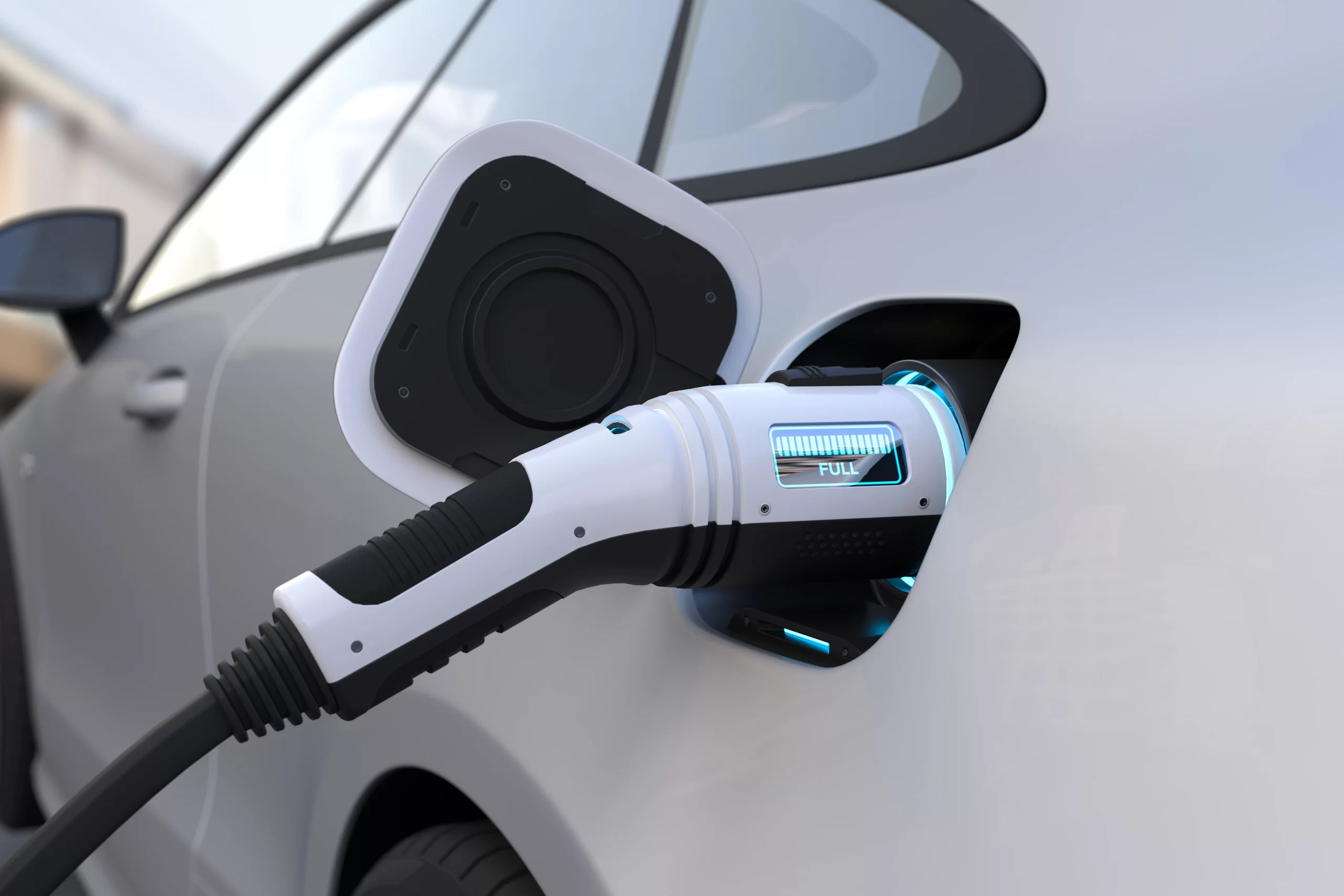Hydrogen Cars: Are They the Next Big Thing, or Just Another Hype?
When you think of eco-friendly cars, most people probably picture electric vehicles (EVs), but hydrogen-powered cars are sneaking up on the sidelines, ready to shake things up. They’re looking to challenge EVs in the race for the future of green driving. But can hydrogen cars really compete with EVs on price, convenience, and overall performance? Let’s get into it.
Underdogs of the Auto World
We’re all about cutting emissions and going green, but hydrogen cars are still in their early stages. EVs have a solid foothold with 10 million electric cars on the road globally, but hydrogen-powered vehicles (HFCVs) are quietly making a name for themselves. In fact, the global market for hydrogen-powered cars is expected to hit over $20 billion in the next few years! While still small compared to EVs, hydrogen cars are making their case and the fight is just on.
Can Hydrogen Cars Keep Up with EVs?
Let’s talk about the money. Right now, hydrogen cars cost a pretty penny. A Toyota Mirai goes for around $50,000. Ouch! EVs are generally cheaper, especially with government incentives. But hydrogen cars aren’t too far behind. They offer something EVs can’t and that’s faster refueling times. Unlike EVs that can take hours to charge, hydrogen cars can refuel in just 5 minutes, just like a gas car. That’s a huge advantage for drivers who value speed and convenience. That’s a pretty big deal when you’re on the move. Plus, as technology improves, hydrogen car prices are expected to drop by 30-40% in the next few years. Now we’re talking!
Will Hydrogen Stations Take Off?
Hydrogen refueling stations are still rare. While California has a few, they’re nowhere near as widespread as EV charging points. More hydrogen stations are needed if hydrogen cars are going to compete. Plus, hydrogen cars are pricey. However, over time, experts predict that the cost of hydrogen vehicles will drop by 30-40% over the next few years due to advancements in technology and production. That’s a plus for hydrogen cars. If they do catch up on this front, the game could change fast.
Hydrogen vs. EVs
Hydrogen cars are clean like, really clean. Their only emission is water vapor. No CO2, no pollution. Just water. In places like California, hydrogen refueling stations are available, but they’re sparse compared to the millions of EV charging points worldwide. The future of hydrogen cars depends heavily on this. If we see an increase in hydrogen fueling stations, it could level the playing field between EVs and hydrogen-powered cars.
EVs are cleaner than traditional gas cars but still depend on electricity, which might come from fossil fuels depending on your location. Hydrogen, when produced with renewable energy, is 100% clean, a major win for the environment.
A 50/50 Shot?
So, can hydrogen cars compete with EVs in the long run? Currently, hydrogen cars make up just 1% of the global car market. However, experts predict they could capture up to 10% within the next decade with a significant leap. And, if the cost of hydrogen cars drops and infrastructure grows, we could see a real race between hydrogen and electric vehicles.
Their success hinges on government support and investment in green hydrogen production. As more countries push toward zero emissions, hydrogen could come as a game-changer in the global clean energy race.
Bottom Line
Hydrogen cars are still a bit of a mystery to most drivers, but they’re definitely not out of the game. They come up with ultra-fast refueling, zero emissions, and the promise of dropping prices. They’re quietly building momentum. Will hydrogen cars dethrone EVs? Probably not and they don’t need to. Instead, they could work as the perfect sidekick in the clean transportation revolution.
Tech advancements and expanding refueling networks could push hydrogen into the spotlight sooner than we think. So, are hydrogen cars ready to take over? Not yet. But they’re definitely making moves, and the race is heating up. EVs better watch their backs because hydrogen isn’t just sitting on the sidelines, it’s gearing up for the future.
Keep an eye on this space, because the future of driving might be more hydrogen-powered than you expect.









